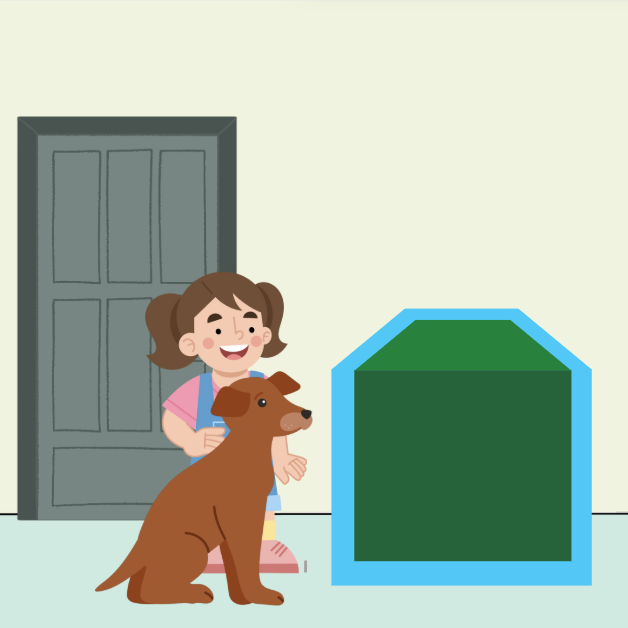
Planning a party - how children talk about possibilities
Language and Learning Lab (University of Toronto)
研究・調査への参加資格 |
For 7-8-year-olds, who are fluent in English (either monolingual English speakers, or multilingual with regular (50% or more) exposure to English in their daily lives, counting both at home and at school) |
研究・調査の流れ |
This study will take place on a video call, live with a researcher! Clicking on the “Schedule a time to participate” button will send you to an online calendar where you can select a date and time that works for you. In this study, your child will watch a series of short videos and answer questions related to these videos. Each video presents everyday situations where our character makes decisions or reflects on what could have happened differently. For example, the child may reflect on a hide-and-seek game in which their friend is hiding in a colored box, and think about what would have happened if they knew that the other box was empty. After each video, we will ask your child to complete a simple fill-in-the-blank sentence. |
現在の研究・調査 |
The purpose of this study is to help us better understand how children talk about counterfactual possibilities (i.e., possibilities which require thinking about something that is not true). For example, “If Giraffes had wings, they would fly” is a counterfactual, because it tells us something about the state of the world if Giraffes had wings (even though they don’t in real life!). Counterfactuals involve the use of modal verbs (e.g., 'would', could'), and these verbs are used to express different possibilities. Modal verbs tell us how we can quantify over different states of the world, and what the basis of our knowledge is when we make certain statements. In this study, we use a fill-in-the-blank task to analyze children's use of modal verbs in different counterfactual stories, to learn more about how they talk about non-actual possibilities, and how children's language use in possibility reasoning differs from that of adults. By studying how kids reason about these situations, we aim to understand the trajectory of counterfactual reasoning and language development. |
期間 |
15 minutes |
謝礼 |
For families residing in Canada, you will receive a $5 gift card to Indigo after participation. For families residing in the United States, you will receive a $5 gift card to Amazon.com after participation. To be eligible for compensation, you must meet all of the following criteria: (1) Your child falls within the specified age range for this study, and meets the language requirements and (2) you provide recorded verbal consent. Each child is eligible to participate to receive a gift card only once; participants cannot do the study more than once for compensation. You will receive your gift card via email within 1-10 business days after participation. |
この研究・調査を実施している研究者/研究グループ Patricia Ganea (contact: ioana.grosu@utoronto.ca).